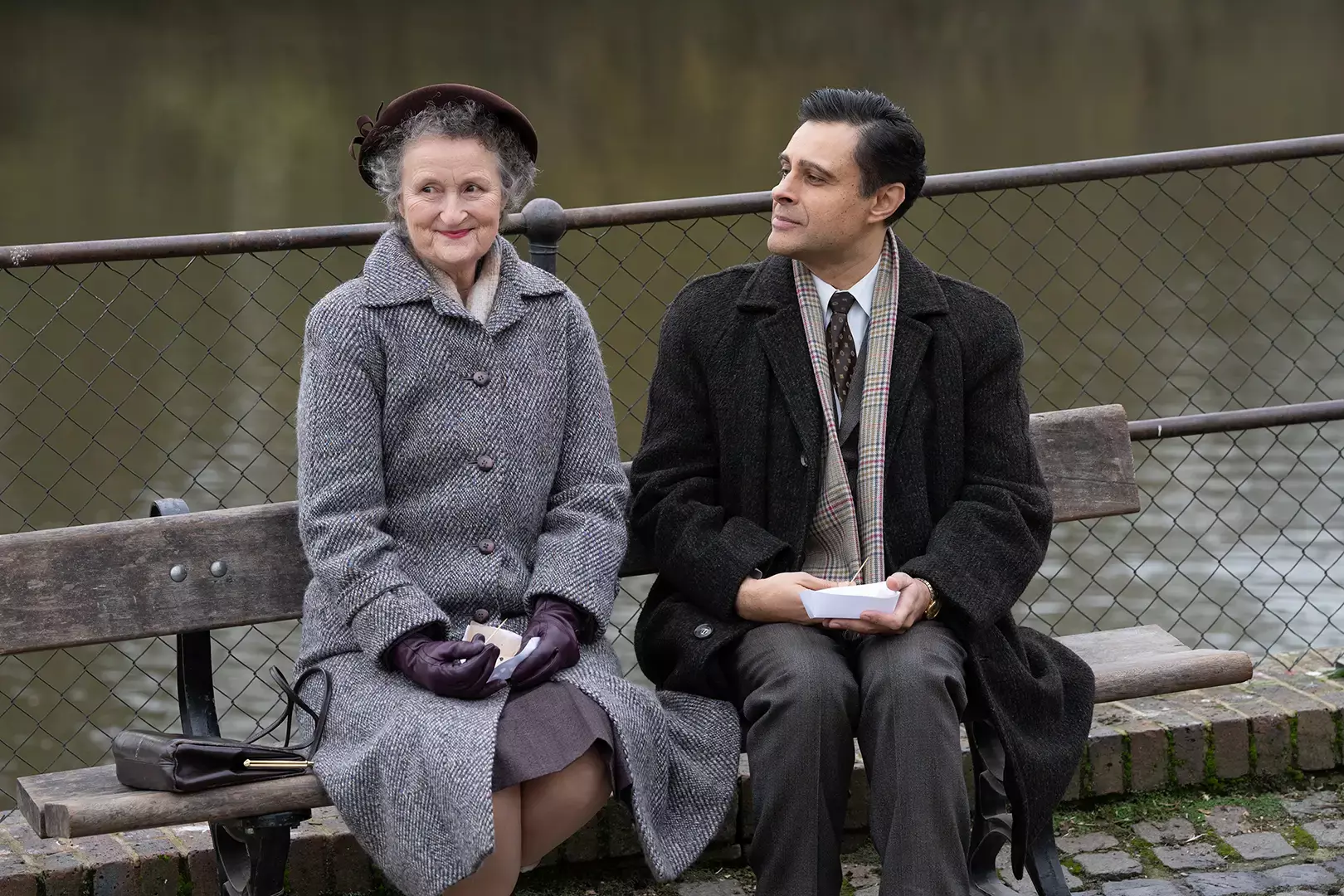As Mother’s Day in the U.S. approaches, I contemplate the boundaries and definition of what it means to be a “mother.” This episode further prompts such speculation.
Technically, a mother is the person who carries a fetus within their womb and then delivers a baby. We expect these biological mothers to care for their children until the age that they can care for themselves. But a mother is so much more than that, is it not? Are Millicent Higgins and Esther Tang any less of a mother for having relinquished their children? It seems they both did the most motherly thing they could do and found the most caring solution. Miss Higgins goes on to become a mother for the whole of the Poplar neighborhood. Phyllis Crane’s motherly spirit also shines throughout this series. The best midwives and doulas use the following philosophy: Mothering the Mother as the basis for their care.
As a result of my personal and professional experiences, my thinking on what constitutes a mother has evolved to think past the biological aspect of mothering. Feminine energy, as a mental and spiritual force, renders genitalia little relevance. The anachronistic twentieth-century world in which I was habituated provided little recognition of gender diversity, and diversity of gender roles. I now define “mothering” as the ability to create and nurture without the necessity or ability to biologically birth. Trixie’s brother, Geoffrey stepped right up to "mother" his sister when she needed his nurture and support. Fred Buckle, with his unwavering love and devotion to all of Poplar, could easily be in contention for "Mother of the Year." In my stream of thought, there is nothing unmasculine about using one’s feminine spirit to create and nurture.
To heal from several pregnancy losses, I decided to become a midwife based on this concept of non-biological mothering. I had one perfect beautiful child but did not want her to be an only. Despite my desperate attempts to provide her with a sibling, I could not. Coming to terms with my fate, I told myself that the energy I would have used to mother another biological child could now be used in service of others. An excerpt from my unfinished memoir explains my feelings. (The memoir is a protracted labor with a past due date. But that is another story, literally.)
“The spark for a new goal ignited a fire and consumed me as had my desire for another child. With purpose and a goal, I would express my drive for mothering through midwifery. I would nurture those brought into the world by other wombs. I would care for, nurture, and protect other mothers. I came to understand that feminine creative forces could be gestated in multiple ways to impact all humanity. My maternal power would be wielded beyond my reproductive function and be transformed into midwifery.”
We all know those child-free Aunties, teachers, neighbors, and others who seem to be compelled to nurture and protect the vulnerable souls who cross their paths. They may be the first neighbor to show up at a doorstep with a meal when sickness or loss visits. Those driven to nurture will volunteer for community fundraisers and donate to causes dedicated to helping the vulnerable. Perhaps they are the family members everyone knows to call for help and count on to care for an aging parent. Perhaps their creative spirit has turned its energy from biological parenting to create art and literature that nurtures the mind and soul. Is not this transformed creative energy a form of the maternal spirit? I know artists who talk about their art and writing as if they gestated, labored, and birthed their creations.
And so, was it such a plot twist when Sister Julienne was honored as “Mother of the Year”? Were you surprised or did you think, “Of course,” or both in sequence? We can see in each episode how she nurtures and supports her community and how she provides unconditional love. The act of biologically gestating laboring and birthing a child is no small thing. In fact, it is so immense that the force needed to accomplish the production of humans cannot be contained within a womb. Feminine creative power can be gestated outside of wombs and in multiple ways. Let us all use those creative powers to mother the earth, mother humanity, and mother ourselves.
